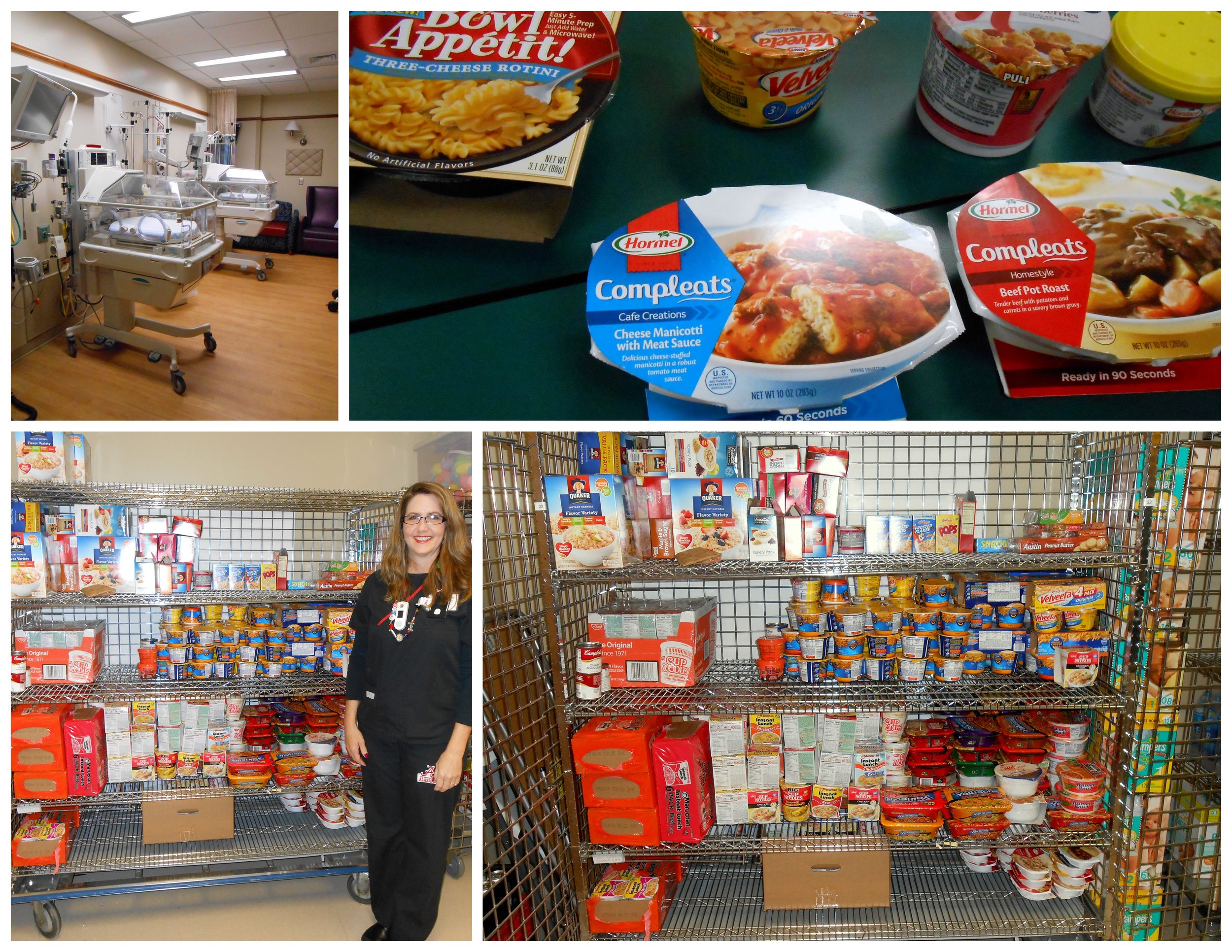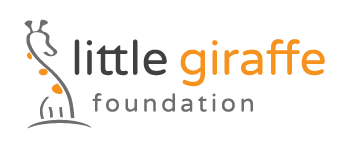
Little Giraffe Foundation
2014 Neonatal Research Grants
After long deliberations, Little Giraffe Foundation voted to fund 9 initiatives for 2014, totaling over $26,000 – 2 Neonatal Research Grants to forward medical care for premature babies and 7 NICU Support Grants designed to improve the lives of the families and babies in the NICU.
2014 Neonatal Research Grants
Sharp Mary Birch Hospital for Women & Newborns - $10,000 Awarded
Research: A Randomized Placebo Controlled Trial of Early Caffeine in Preterm Neonates.
Anup Katheria, M.D. – PI, Director of Neonatal Research Institute
This award will be matched 1:1 by Sharp Mary Birch Hospital for Women & Newborns.
Caffeine is routinely given to extremely premature infants to improve breathing. Recently, two trials demonstrated that early caffeine therapy is associated with decreased lung damage and improved developmental outcomes. While giving caffeine to premature infants has long been the standard of care, the timing of caffeine administration is highly provider-dependent. Some choose to give it in the delivery room (DR) while others may wait several hours or even days to begin therapy. No study has randomized the timing of caffeine administration to determine whether early caffeine can be beneficial. Early caffeine may enhance breathing sufficiently to avoid insertion of a breathing tube (intubation) early in life. This may promote stabilization of blood flow and decrease potential complications of prematurity such as bleeding in the brain. Our study will randomize premature infants to receive caffeine either in the first two hours or at 12 hours of life.
The primary aim of our study is to compare the respiratory effects of caffeine administered soon after birth (within 2 hours of life) versus routine administration (at 12 hours of life) in infants <29 weeks’ gestation. Our primary hypothesis is that caffeine administered in the first two hours of life will prevent the need for intubation in the first 12 hours of life. Secondary aims include detailing the acute hemodynamic effects of caffeine and assessing the hemodynamic effects of receiving early caffeine in the first 12 hours of life. These evaluations are critical in determining both the safety and efficacy of early caffeine therapy.
University of Maryland Medical Center - $10,000 Awarded
Research: The Development of Speckle Imaging as a Non-Invasive Diagnostic for Retinopathy of Prematurity
Osamah Saeedi, MD – Co-PI, Director of Clinical Research, Department of Ophthalmology
Janet Alexander, MD – Co-PI, Pediatric Opthamologist
Retinopathy of Prematurity (ROP) is a condition in which blood vessels in the eyes of a premature infant do not develop properly, potentially causing impaired vision or blindness. Early diagnosis is critical to prevent loss of sight. American Academy of Pediatrics guidelines recommend an ophthalmology screening exam for 2-5% of premature infants to assess the risk of developing ROP, a leading cause of childhood blindness. The current standard for diagnosis is a subjective evaluation of retinal vascularization and/or neovascularization in the retinal periphery with attention to the degree of dilation and tortuosity of the posterior retinal blood vessels. This is performed by a specially trained ophthalmologist often at a specialized center. There is a critical unmet need for a standardized, more accurate method of screening infants for ROP. We are working with Vasoptic Medical Inc. to develop a handheld retinal imager (XyCAM™) and software algorithms for early detection of ROP. The device utilizes dual imaging techniques – fundus photography and speckle imaging – to capture quantitative anatomical and physiological information from the microvasculature of the retina. The objective of the proposed work is to conduct work to develop novel algorithms for use in this device for diagnosis of ROP.
